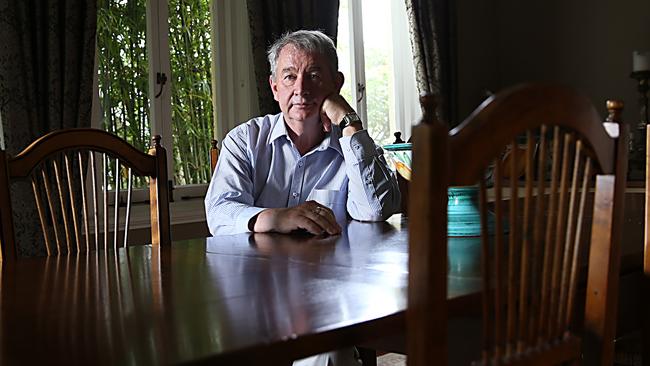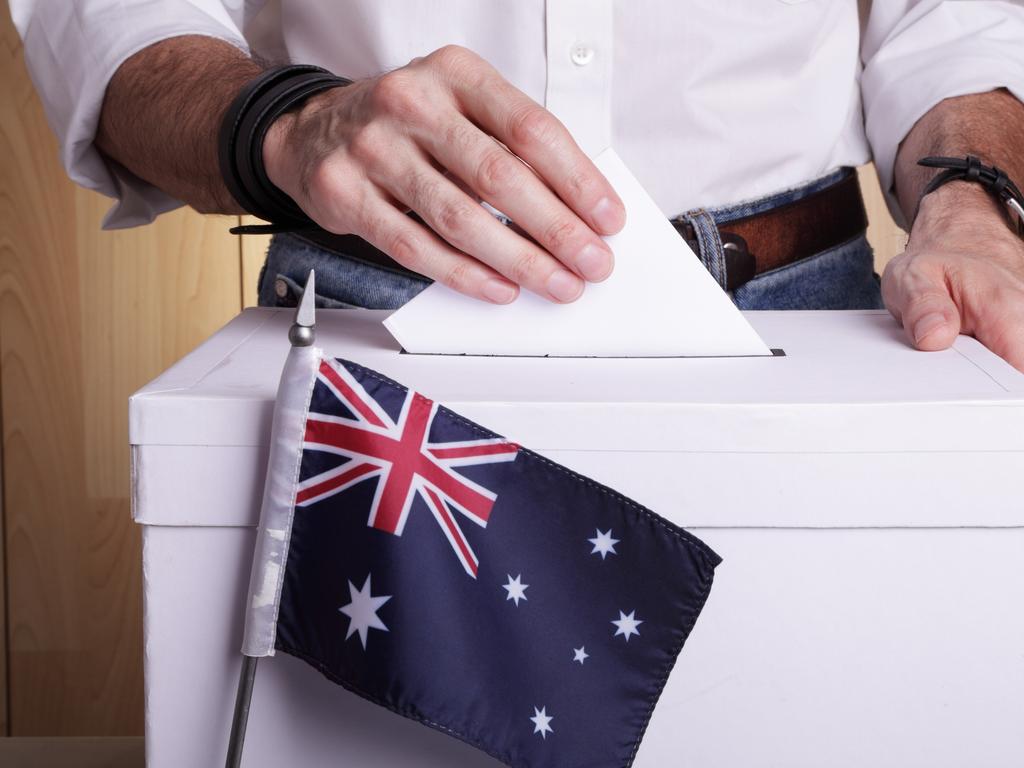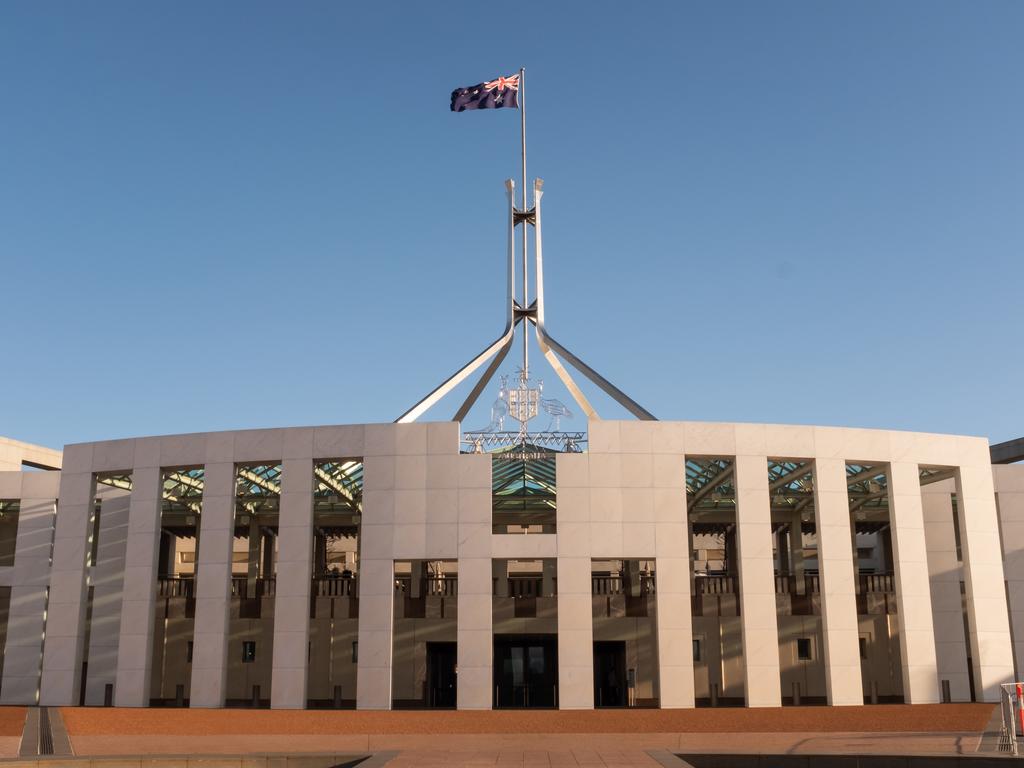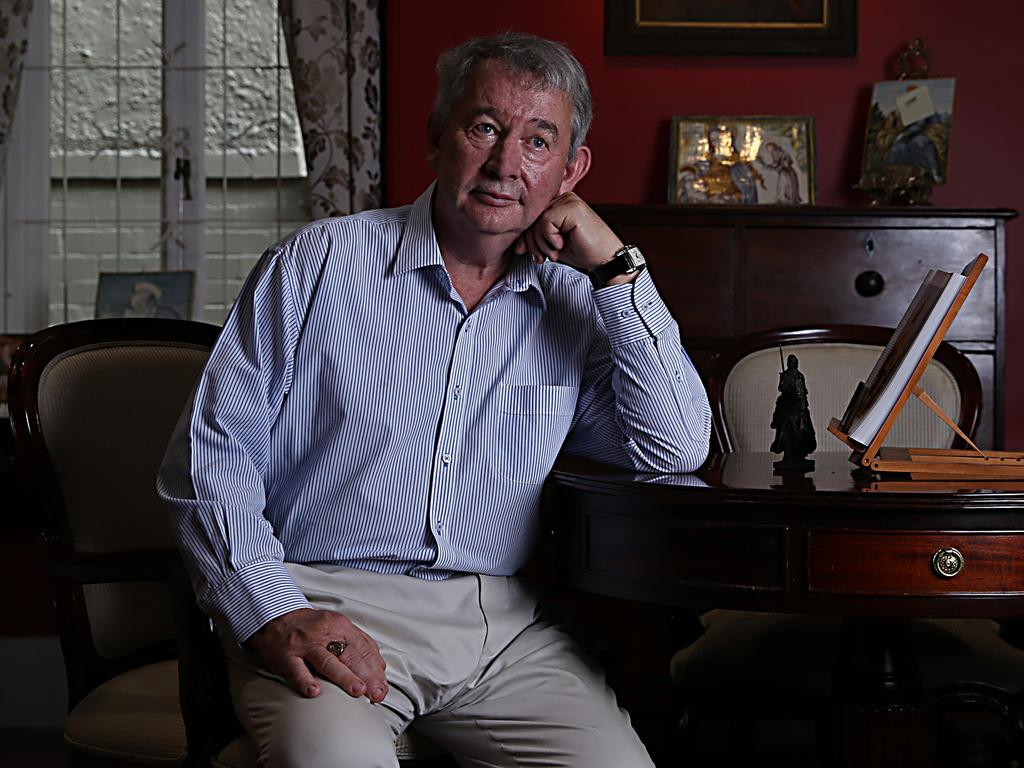Indigenous voice referendum working group prepare final advice on poll question and proposed constitutional amendment
Indigenous leaders will lock in behind a voice with the power to advise both government and parliament as they prepare to hand the Albanese government their final advice for constitutional changes.

Indigenous leaders will lock in behind a voice with the power to advise both government and parliament as they prepare to hand the Albanese government their final advice for constitutional changes next week.
The 21-member referendum working group will on Thursday enter the last stages of its work on the wording of the referendum question and the proposed amendment, ahead of its final meeting in Adelaide before Labor introduces the voice referendum bill at the end of the month
As leading Aboriginal and Torres Strait Islander figures stand behind a push to connect the voice to the executive in the Constitution, Minister for Indigenous Australians Linda Burney made a last-minute plea to Peter Dutton and the Liberal Party to back the voice, despite its concerns over the executive clause and its demands for equal funding of the Yes and No campaigns.
“There is still time for Liberal Party MPs and senators to support constitutional recognition through voice,” Ms Burney said.
“The more Australians learn about the voice, why it’s needed and how it will make a practical difference, the more support for the voice we will see across the country.
“The voice referendum is a marathon, not a sprint … More information on the voice will be made available in the months ahead. I am optimistic of a successful ‘Yes’ vote because I have faith in the Australian people to get this right.”
Referendum working group member Marcia Langton defended the executive government link in the voice amendment, saying conservative attempts to shield the commonwealth from voice-related court matters was “subconscious racism.”

“I don’t understand how Liberal Party members and lawyers who profess the principle of the rule of law in our democracy – with its legal traditions – are insisting the voice should be exempt from the legal scrutiny of the courts like any other statutory body in Australia,” Professor Langton told The Australian.
“I can only assume that their underlying assumption is one law for them and another for us. Every Australian has the right to litigate a government decision and contest advice leading to decisions.
“Their argument reeks of subconscious racism.”
The Australian has been told the referendum working group will not budge on voice proponents’ long-held commitment to a voice that can talk to executive government, not just to parliament, despite concerns raised publicly by one legal expert advising it and one of its members.
Sources close to the working group said on Wednesday the members, who include Indigenous leaders such as Professor Langton, Noel Pearson, Tom Calma and Megan Davis, consider the voice’s ability to advise both government and parliament as critical.
They say some of the poorest, most ill-informed and costliest decisions in Indigenous affairs have been made by bureaucrats – albeit well-meaning – without the involvement of parliament. Voice proponents want the advisory body to be able to advise on policy through relevant ministers.
Constitutional lawyer Greg Craven, who is on the Albanese government’s eight-member expert panel providing constitutional advice on the voice, has said the proposed amendment allowing the voice to advise executive government could lead to legal challenges and would not get conservative support.

Referendum working group member Sean Gordon, chairman of Uphold & Recognise, had discussed the idea of removing the reference to “executive government” from the constitutional amendment so it could be worked out later via legislation. He said he was concerned that leaving the term “executive government” in the proposed amendment could add confusion. However, he accepted that it would remain.
The Australian has been told members are aware that Anthony Albanese and his cabinet may choose to go against their wishes, as happened in February when Labor opted to keep the referendum tradition of funding a 2000-word pamphlet from both the Yes and No cases.
Referendum working group members remain concerned the No pamphlet could contain racist messages and misinformation.
What Australians are told about the voice in coming months will be based partly on the advice of 41 Indigenous Australians from metropolitan, regional and remote communities who are members of the government’s referendum engagement group. That group’s task is “to provide advice on, and assist with, building community understanding, awareness and support for the referendum”.

However, the government has been clear Australians will not be presented with a fully formed proposal for the voice and its structure before the referendum, to be held in the last three months of the year. The model will be decided by parliament, after further consultations, if the referendum is successful.
Mr Gordon, who sits on the referendum working group, said if the government’s policy of “vote on principle only” wasn’t working, the referendum working group should encourage Labor to “engage the Coalition in a conversation about architecture”. “(This) would determine the high-level structures of who is speaking, who is listening, what do they talk about and how do they interface or meet,” he said.
“This could provide assurances about what a post-referendum agenda might look like.
“If you can believe the polls, the most concerning part is that it is Labor voters who seem to be shifting away, and young people and women. We really need to look at the reality of where we might be losing support, and assess why that is and what we need to do about it.”
An exclusive Newspoll for The Australian to test community support showed a narrow majority still support changing the Constitution to enshrine an Aboriginal and Torres Strait Islander voice to parliament.
However, this had fallen from 56 per cent at the start of the year to 53 per cent in the latest survey.







To join the conversation, please log in. Don't have an account? Register
Join the conversation, you are commenting as Logout